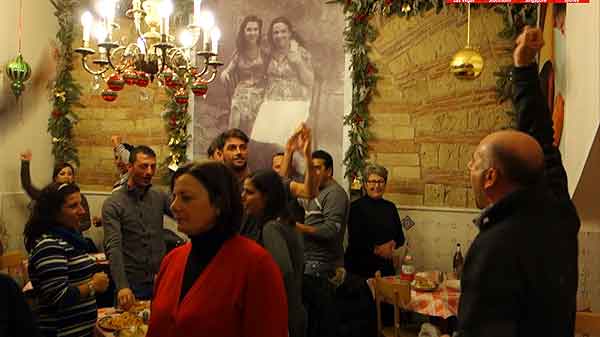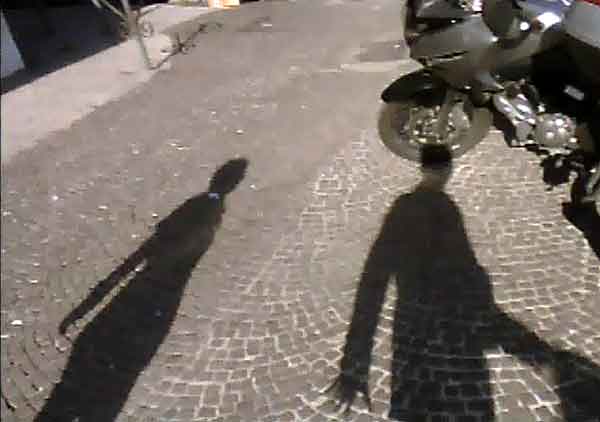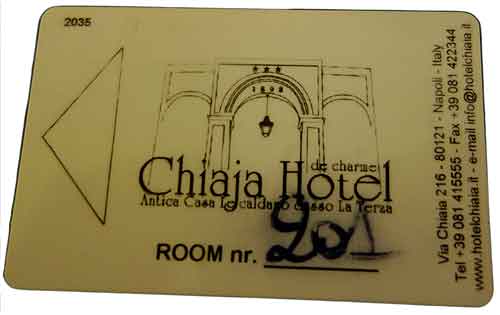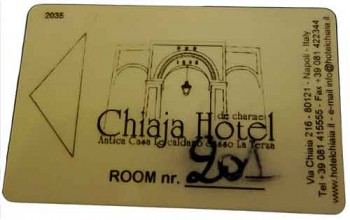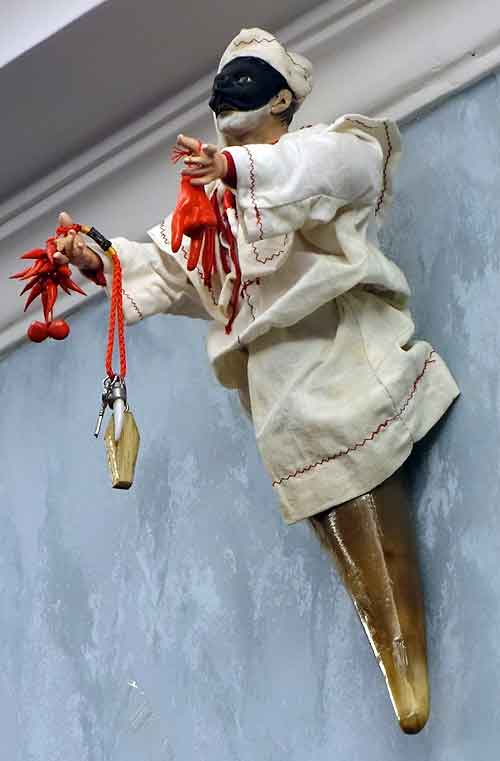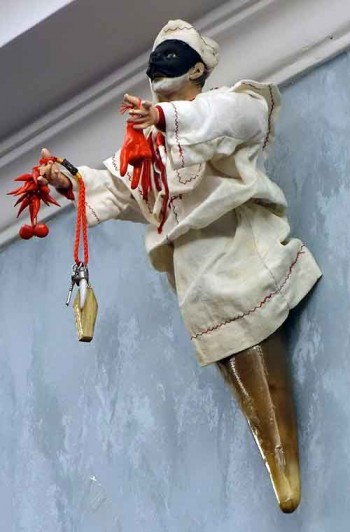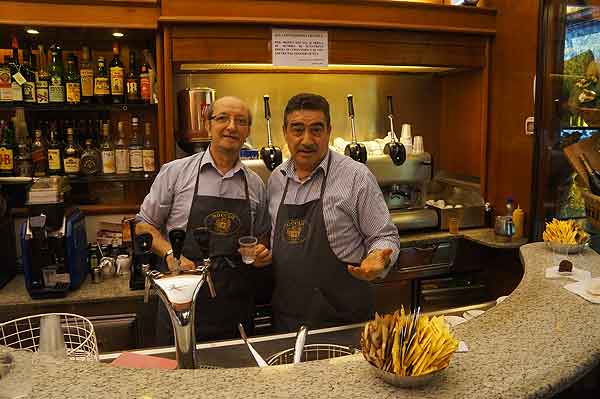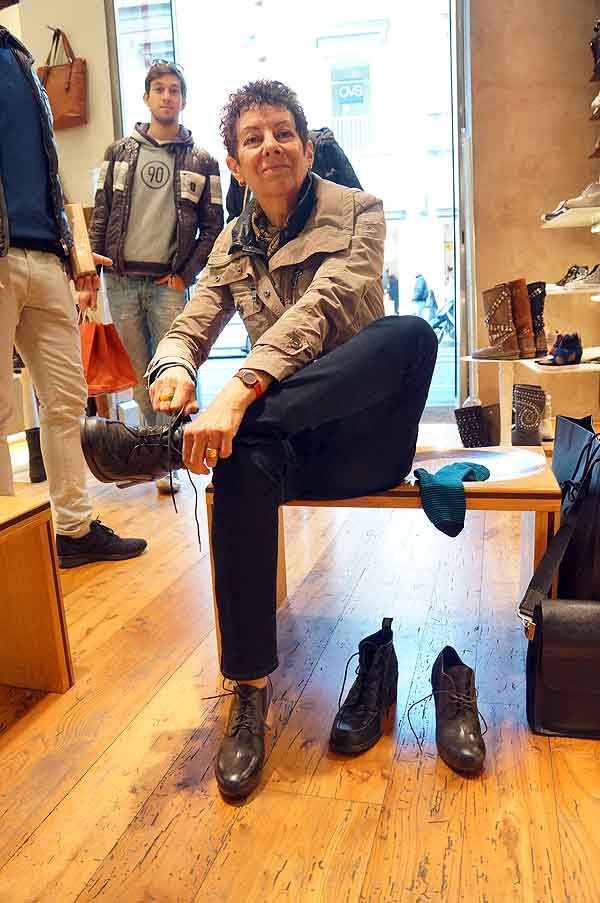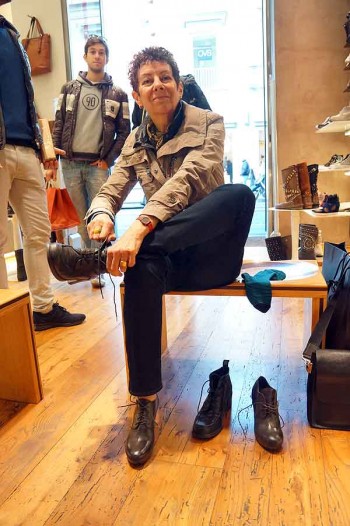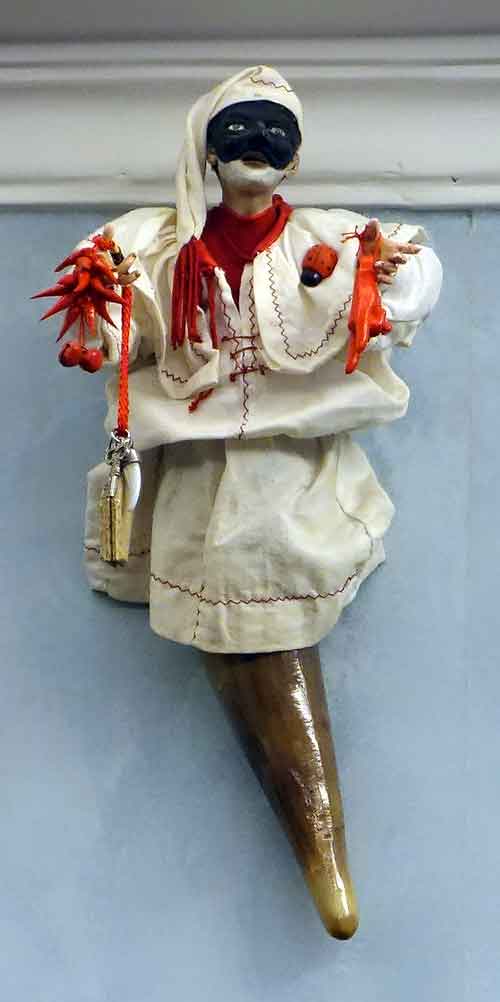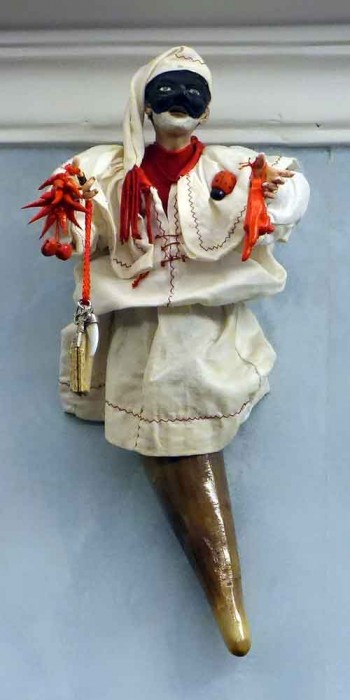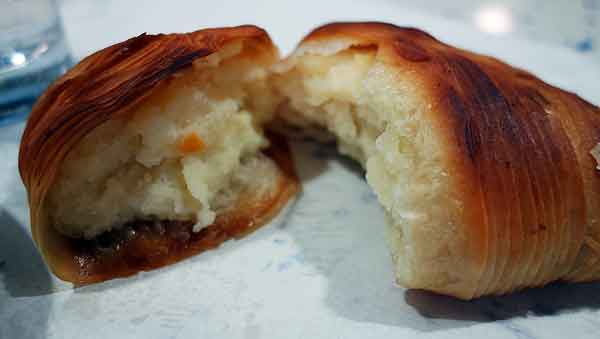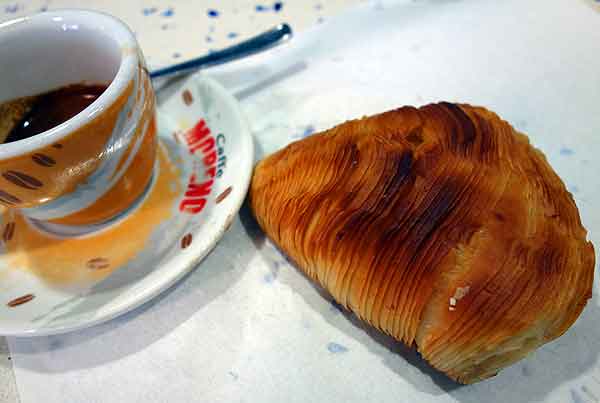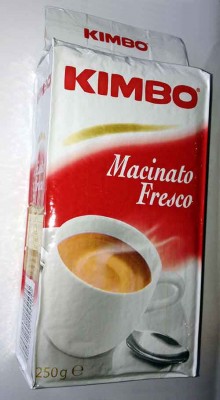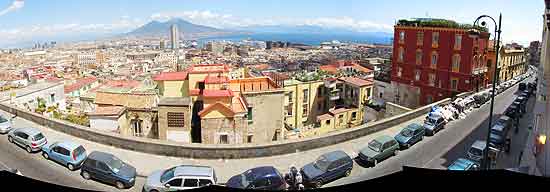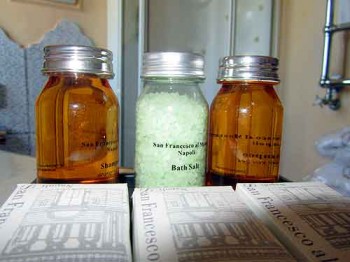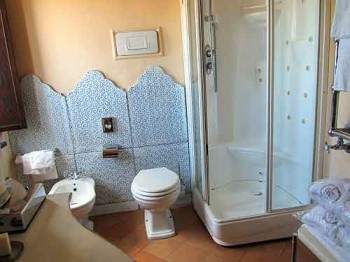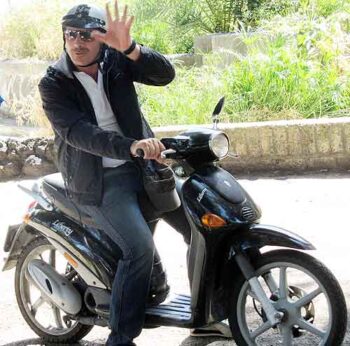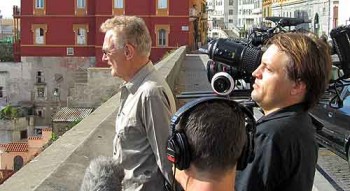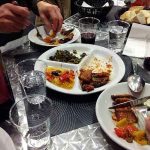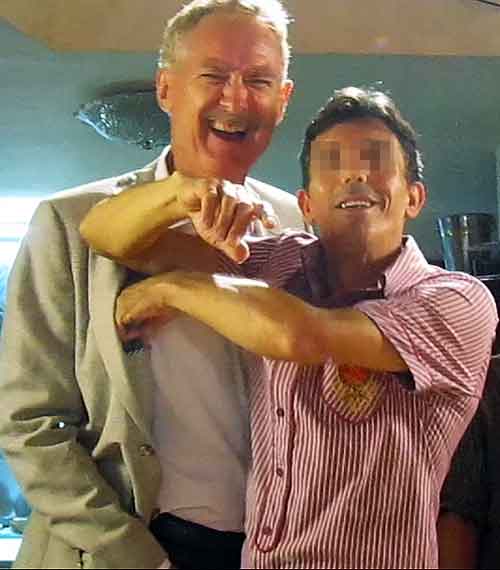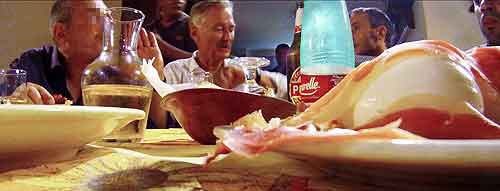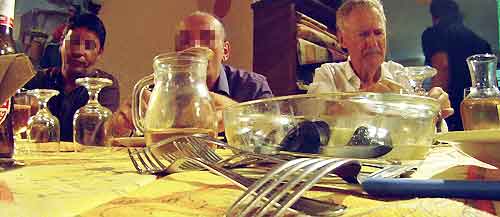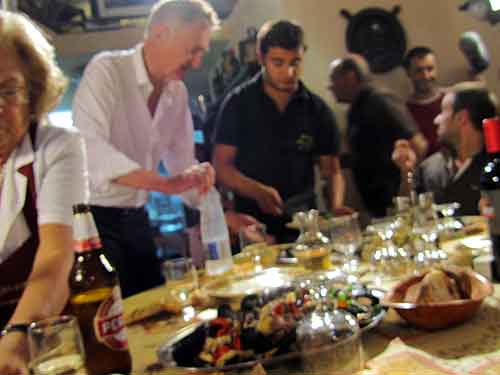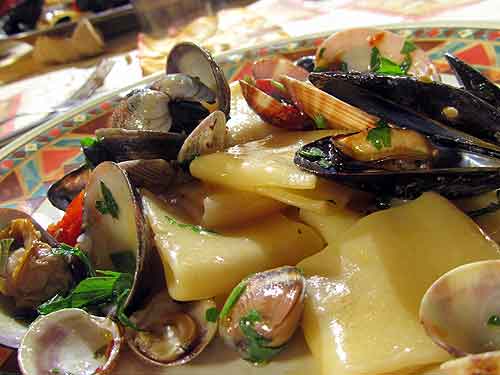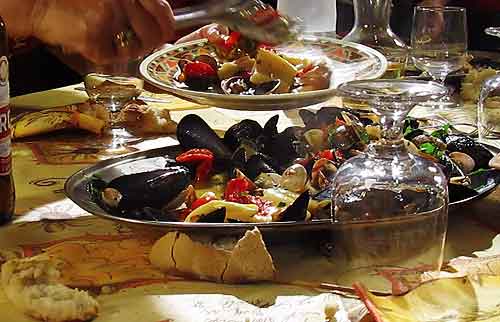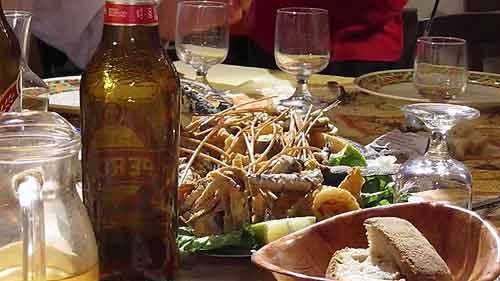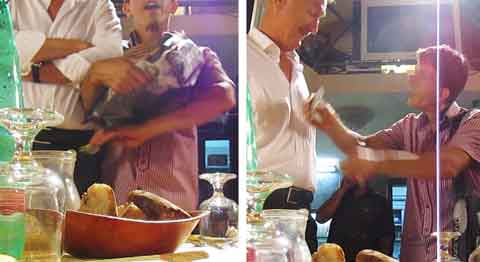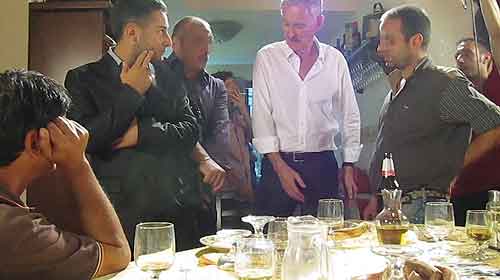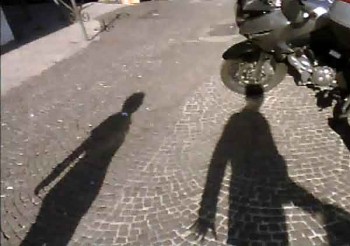
NAPLES, ITALY, the week before christmas. At the Piazza Garibaldi bus stop outside the main train station Michele goes to buy a bus ticket while Bob and I scrutinize people. We spot a scary-looking hooked-nose pickpocket we’ve filmed but never met. He recognizes us and turns his back, steps behind a column. I inch forward to look at him; he retreats.
Across the street we identify Nuncio, the pickpocket-in-a-business-man-disguise who Bob stole a tie from so many years ago. Last time we saw Nuncio he greeted us with hugs and kisses. Michele and I trot across the street to speak with him. As Nuncio hops on a bus, Michele asks if we can speak for two minutes. “Not even one second!” Nuncio says with venom. Michele is unnerved.
Hooknose remains at the bus stop. Bob pushes Michele to go alone to request a conversation with him. Hooknose says “Get away with your cameras. You’ve already ruined five families!” Gentle Michele is shaken. I am shaken. We’re finding out how Naples’ thieves react to us after the broadcast of our film. Those who were in it: warmly. Those who weren’t: hostile.
The three of us take the subway to Montesanto in Quartieri Spagnoli to meet the famous screenwriters. Five of us settle into a corner table at a nearby nameless restaurant. The meal is simple and delicious: pasta, octopus, fish, and an assortment of vegetables. The restaurant entrance is lined with huge jugs of homemade limoncello. Bob and the screenwriters hit it off and our film is a step closer to reality.
We leave lunch to return to our hotel at 4:30 with little time to spare. Then we tram back to Circumvesuviana station at 5:30 to meet Michele and go back to see Luciano in the market with, hopefully, Angelo. Luciano is there with his wife again, and grown daughter Alessandra (not her real name), who is lounging on her Vespa. Alessandra is married to Mirco, another of the pickpockets in our film, currently in jail. (Mirco used a bank card from a stolen wallet at an ATM, and was IDed by the ATM surveillance video.)
Angelo could not make it: “he is in Roma. Will come tomorrow.” Bob is very disappointed and believes Angelo is avoiding us. But Luciano is full of more stories from his early days. Alessandra listens without much interest. I’m losing interest, too—it’s cold and I’ve been on my feet for days. Luciano says we should return at 1:30 tomorrow to meet Angelo. Bob is certain Angelo will not show up.
Leaving the market we once again pass through the Piazza Garibaldi bus stop outside the main train station, where Michele will catch his train home. Michele and I are a little spooked being there, after the chilling reception of the thieves earlier. I’m queasy standing there as we debrief, and cold, and feeling sensory-overload. We finally say goodnight to Michele. Bob and I walk down Corso Umberto toward our hotel, which is far away. Two blocks later, we find pacco men.
They’re selling iPads. Bob schmoozes with the very handsome seller, but they don’t have a common language. The pacco man phones his friend who is nearby and speaks English. The friend zooms up on a scooter driven by his wife and, before even arriving, waves and shouts that he remembers us from 5-6 years ago. He introduces himself as Carlos. We talk about the pacco business, which is the bait-and-switch business, just another form of stealing. We talk about the job market, or lack thereof, and life in Napoli.
After 15 minutes, I use Carlos’s real name, which I remember from May of 2002: Dante (another fake name I’m using for this story). He’s floored. “How do you know my name?! He’s amazed, shocked, impressed, and this adds a further level of trust and friendliness. Remembering a man’s name goes a long way in a nefarious reunion; even criminals are proud to be remembered.
Dante tells us he makes about €500 a week in the iPhone and iPad pacco trade. He said it’s getting harder because people know the trick. Bob asks the guys to demonstrate the switch. Dante demands €30 apiece for the three of them; we decline.
It’s only 8 p.m. but it’s been a very long, very standing day. An overwhelming day. Still, we choose to walk the long distance back, and decide to try the restaurant Nennella in Quartieri Spagnoli for dinner. We have more valuables on us tonight, but the restaurant is only a few blocks into the danger zone. We’re in luck: though there’s a big crowd waiting to get in, we’re only two and there’s a table for us right away. The place is all about fun. It used to be known for incredibly cheap good food. It’s still cheap, still good, not great. The entertaining waiters sing, dance, pantomime and inspire a lively, disorganized atmosphere. When a diner leaves a tip, he’s asked to throw it into a communal tip basket which is lowered from the ceiling by a rope, and all the waiters yell out “Grazie!”
